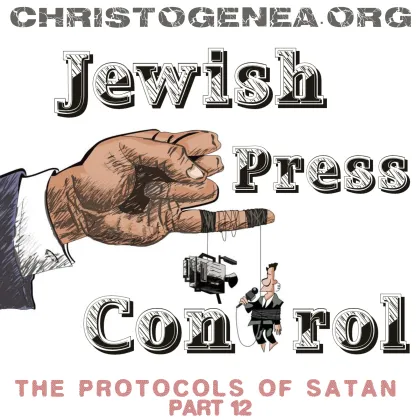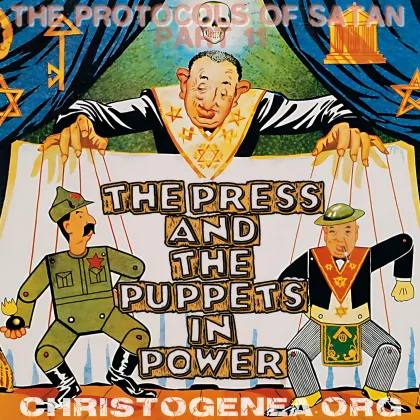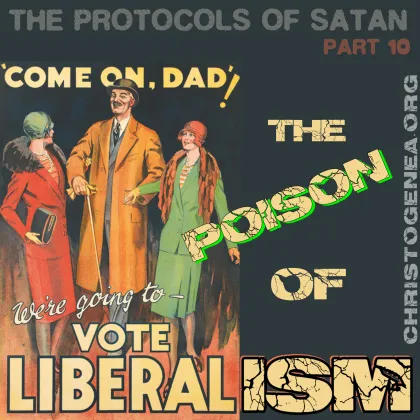Paul’s Epistle to the Hebrews, Part 5: The High Priest of God
Paul’s Epistle to the Hebrews, Part 5: The High Priest of God
Thus far in his epistle to the Hebrews, Paul of Tarsus has cited many of the Messianic Psalms, attesting that they are prophecies of Yahshua Christ as the promised Son of Scripture, the Messiah or Anointed Son through whom Israel would ultimately attain salvation. Doing this he had also explained that the world was made through that same Son, which must indicate that the Son is one and the same with the Creator Himself, and that Son has also come to rule over His Own household, which are the children of Israel. In other words, the plan of God from the beginning was to become man. For that reason Paul also insists in this epistle that the Son is the first born, which is truly a status that He could only have if He is God. In Hebrews chapter 12 Paul refers to the Christian assembly as the “church of the firstborn”, as the King James Version has it, which is in reference to the assembly of Christ.
It must also be noted that where Paul had explained some of these things, the household of Christ and the household of Moses are still the same household under the New Covenant as they were under the Old Covenant. Furthermore, Paul had also cited the books of Numbers and Deuteronomy, and held up Moses, Joshua, David and Solomon all as types for Christ. Then, making an allegory from the history of the Israelites under Joshua, Paul explained that they had failed to enter into the period of rest promised to them by the Word of God due to their own disobedience, but that such a promise of rest still remained for the children of Israel if they would finally turn to obedience in Christ. And while we saw that this period of rest has a spiritual dimension, it was primarily a promise of national rest: deliverance from the ancient enemies of their God to enjoy the works of their own hands in relative peace. That deliverance is also a promise in Christ, as it is professed in the Gospel in the opening chapter of Luke. [Therefore Christians will only throw off the shackles of the Jew through Christ.]









 Please click here for our mailing list sign-up page.
Please click here for our mailing list sign-up page.








Recent comments